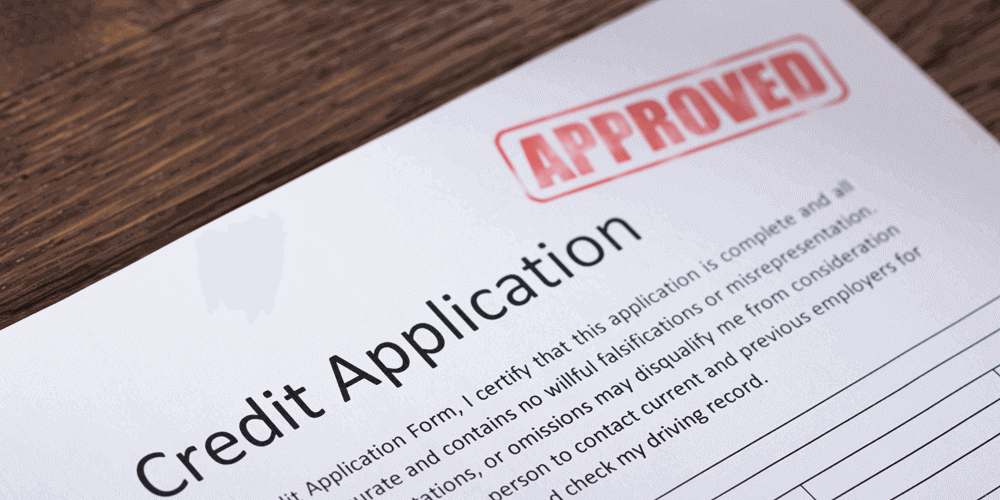Should I Refinance My Car?


Highlights:
- Refinancing a car involves taking out a new auto loan and using it to pay off your existing loan, usually to secure a better interest rate or other favorable terms.
- It may make sense to refinance your car loan if something has happened that would allow you to secure a new loan with better terms than you could previously.
- Although it's not for everyone, under the right conditions, refinancing a car loan could lead to significant savings.
Refinancing a car involves taking out a new auto loan and using it to pay off your existing loan. You might refinance your car to obtain a better interest rate than you qualified for initially or to adjust the term length of your loan.
Under the right circumstances, refinancing a car loan could lead to significant long-term savings. But the process isn't for everyone. Here are a few things to consider before committing to a refinance.
Should I refinance my car?
Refinancing is only beneficial when your new auto loan is somehow superior to the old one. So, it may make sense to refinance if something has happened that would allow you to secure a new loan with better terms than you could previously.
For example, if market interest rates have dropped since you took out your initial loan, you might refinance your car to obtain a lower interest rate and reduce your monthly payments.
Similarly, you might refinance if your credit scores have improved since you took out your first car loan. For instance, if you've had a bankruptcy fall off your credit report or you've paid off other debts, the resulting boost to your credit scores could help you qualify for a better interest rate than you could originally.
You'll also want to be aware of whether your current loan has a prepayment penalty, which is a fine that some lenders charge if you cut your loan short. If this applies to your current loan, you'll need to calculate whether the amount of money you save from refinancing will be enough to cover any penalties you would incur.
Also avoid refinancing if you're already shopping for another type of loan, such as a personal loan or a mortgage. Every loan application you complete will appear on your credit reports as a hard inquiry, meaning a creditor has asked to review your credit history to evaluate your risk as a borrower. Too many hard inquiries within a short period of time could signal to lenders that you're looking for more credit than you could reasonably expect to pay back, which could negatively impact your credit score.
When should I refinance my car?
The ideal timing of a refinance largely depends on your individual situation. However, here are a few examples of when it may make sense to refinance your car loan.
Market interest rates are low and you find yourself with a high credit score. A significant dip in market interest rates compared to the rate on your existing loan could signal a good time to refinance. Similarly, if your credit score has recently increased, you may be able to earn more favorable loan terms since lenders may find you more creditworthy and likely to make your payments on time.
You have more equity than debt in the car. If you've paid back much of your loan and the car is worth more than you owe, you have what's known as “positive equity.” Because you could sell the car for more than the balance on your loan, a lender may view you as low risk for default and offer more favorable loan terms when you refinance.
You're looking to reduce your monthly auto payments. Refinancing can be a good choice if you're looking for lower monthly payments that fit better within your budget. Just be aware that in some cases lower monthly payments could lead to a higher overall cost. Depending on your terms, it may take longer to pay off the loan and you may pay more interest over the life of the loan.
You don't enjoy working with your current lender. If you're unhappy with your current lender's customer service, refinancing might be an opportunity to switch to a lender that you like better while also saving money.
How do I refinance my car?
Once you've committed to refinancing your car loan, start by researching lenders. As you shop around and evaluate your options, consider these questions:
- What are the new interest rate and loan term?
- What is included in the monthly payment?
- Is there a prepayment penalty on either your new or your existing loan?
- What does the application process look like?
After you choose a lender and apply, the lender will in turn research your financial situation. Generally, lenders conduct their own independent appraisal of the car, run a credit check on you and verify your income and car insurance during the application process.
Auto loan refinancing is typically faster than mortgage refinancing and can take roughly two weeks to complete.
Once approved by a lender, you may have several loan options to choose from, with varying terms and interest rates. Some loans may offer longer repayment terms, which generally means higher interest rates and lower monthly payments. On the other hand, shorter repayment terms typically come with lower interest rates but higher monthly payments.
Your new lender is responsible for paying off the remaining balance from your old loan, but you will still need to pay your monthly loan payments on time during the transition period. Afterwards, you will start making payments to your new lender and enjoying the benefits of your refinance.

Sign up for a credit monitoring & ID theft protection product today!
For $19.95 per month, you can know where you stand with access to your 3-bureau credit report. Sign up for Equifax CompleteTM Premier today!



